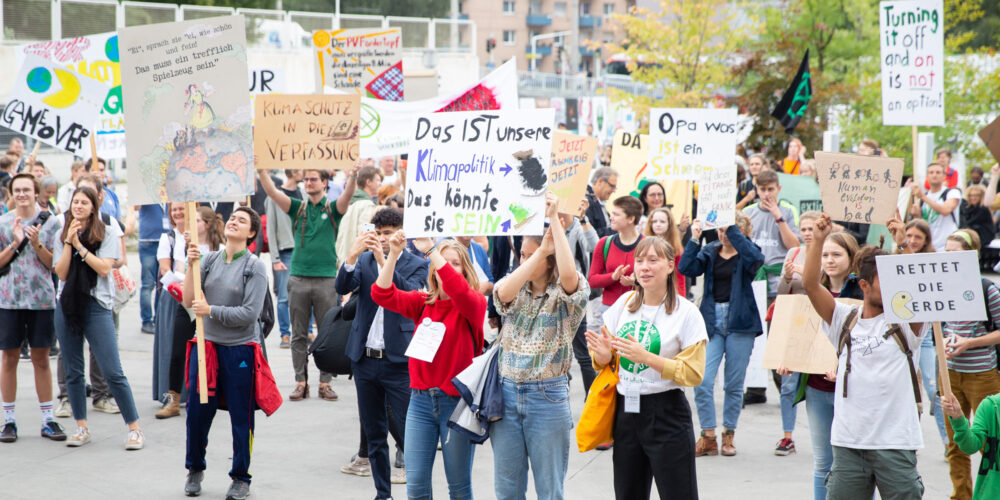
Exhibitions
-
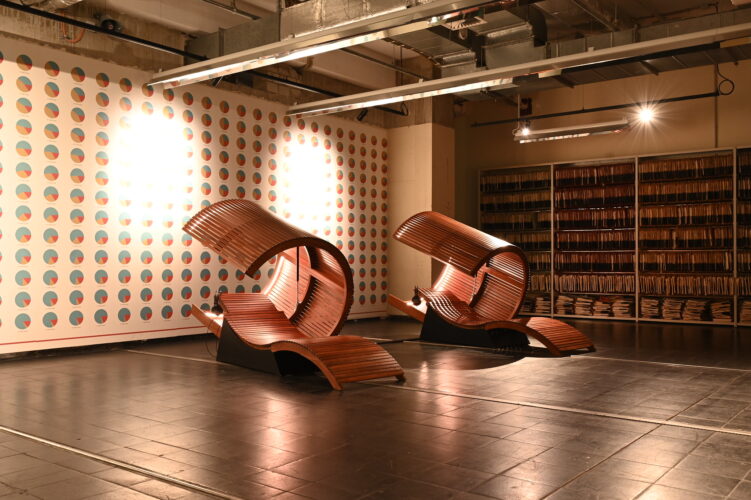
Cutting Edge: Sleeping for the Future
“Perfect Sleep” shows how more sleep can lead to less consumption and CO₂ emissions, thus offering a simple counter-model to the compulsion for growth.
-
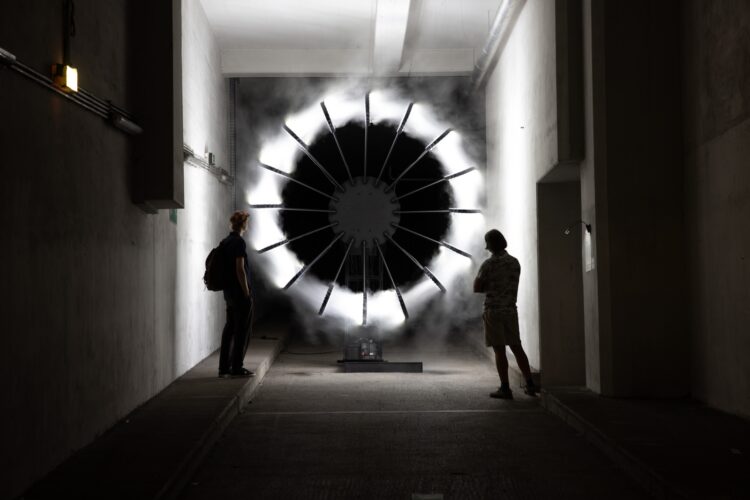
That was the Ars Electronica Festival 2025
For five days, Linz once again became a meeting place for art, technology, and society—and POSTCITY served as a stage for encounters, experiments, and visions one last time.
-
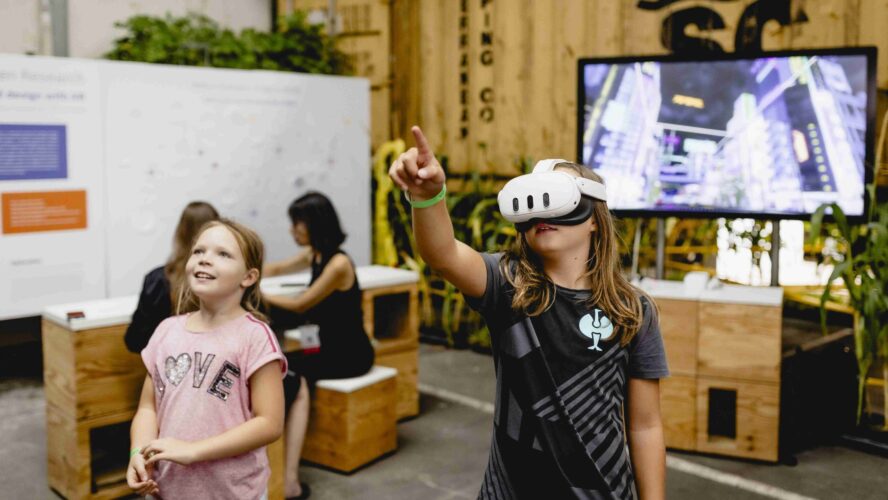
Co-Create Futures in the Making
The Ars Electronica Futurelab invites you: Experience the latest works of the artistic R&D laboratory and atelier at the Ars Electronica Festival and collectively shape diverse futures!
-
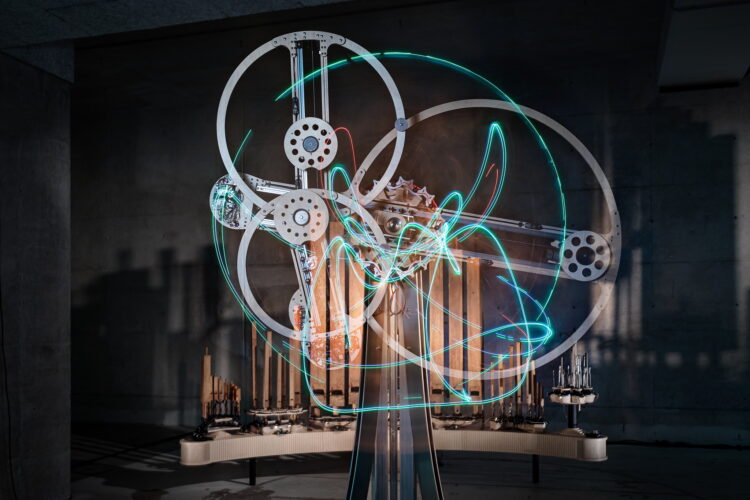
Organism in a state of emergency
“Organism and Excitable Chaos” combines sound sculpture, instrument, and kinetic experiment. The work explores how organic forms, unstable pipes, and a chaotic pendulum open up new possibilities for the interplay between material, sound, and audience.
-

Who is shaping our digital future?
At the Ars Electronica Festival 2025, artistic works will question the power of global tech corporations, shed light on “surveillance capitalism,” and show how we can reclaim our role in an AI-driven world.
-
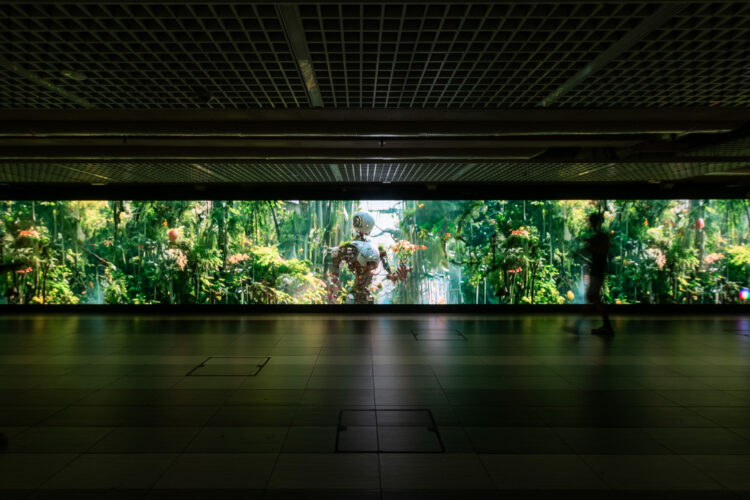
Implementing the Green Deal
In response to the climate crisis and pressing societal challenges, the Ars Electronica Festival 2025 invites radical reimagining and cultivates spaces where visionary creativity and sustainable lifestyles can thrive.
-
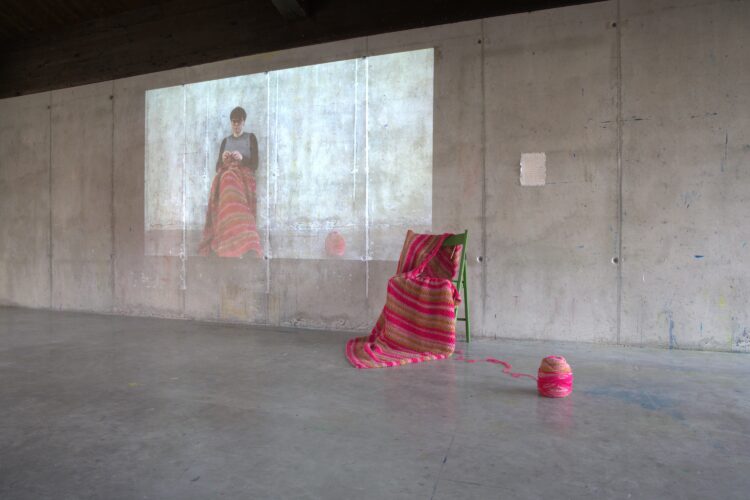
The world lies between doors
Manuela Naveau, curator of the Kunstuni Campus at the Ars Electronica Festival and university professor of Critical Data / Interface Cultures, talks about noisy sliding doors on Linz’s main square—and what this installation has to do with Einstürzende Neubauten, Beyoncé, and Hannah Arendt.
-

The role of art in times of change
Art transforms uncertainty into creative energy and opens up new perspectives on society and the future. The Ars Electronica Festival 2025 shows how artistic works reflect technological, social, and ecological upheavals.
-
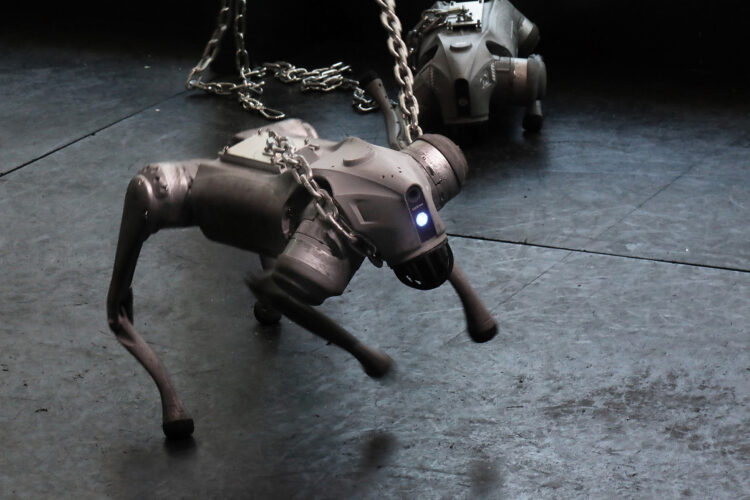
Living in a State of Uncertainty
This year, the Ars Electronica Festival is once again focusing on the major crises of our time—and the panic they cause in us. At the same time, it shows how art can help us cope with these turbulent times.
-
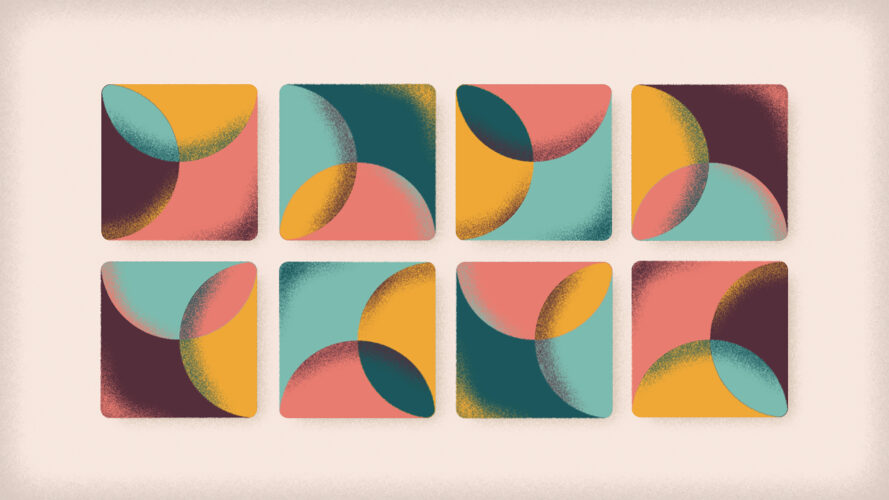
Expanded 2025: Where animation comes to life
The 13th edition of Expanded focuses on scientific contributions from the fields of animation and interactive art. The emphasis is on innovative audiovisual forms of expression at the interface between art and technology.
-
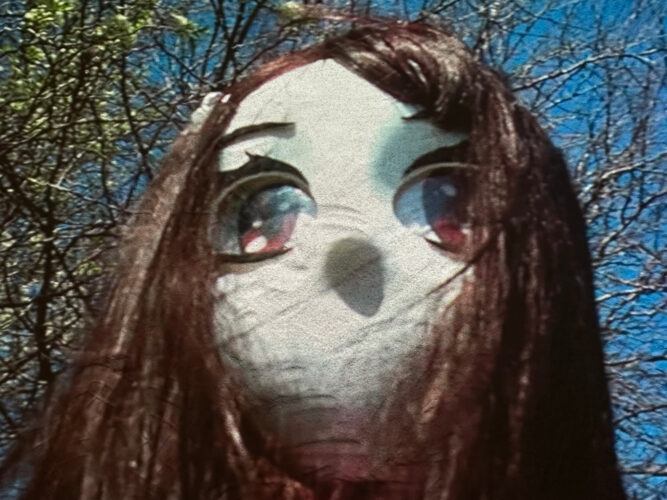
Who needs art in times like these?
Amid global crises and radical upheavals, the Ars Electronica Festival asks what role art can play—as a catalyst for new perspectives, as a space for reflection, and as a driving force for a collectively shaped future.
-
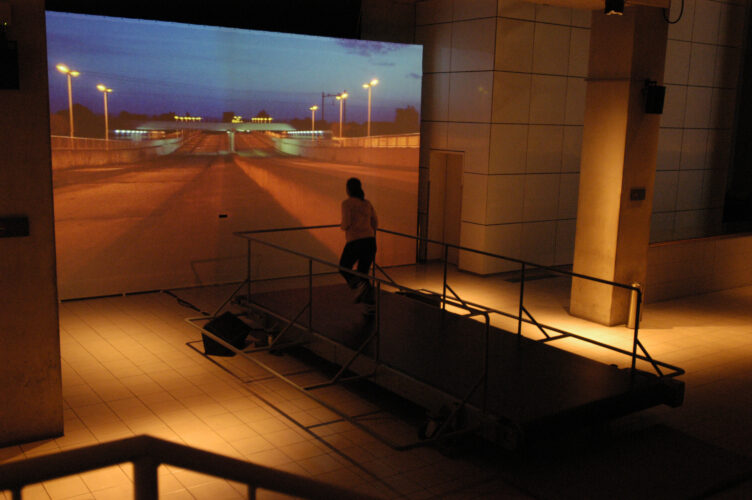
Cutting Edge: Running against the virtual wall
In “Run Motherfucker Run,” the body becomes the controller: those who run experience virtual immersion—those who stop fall. A powerful critique of passive consumption in digital worlds.
-
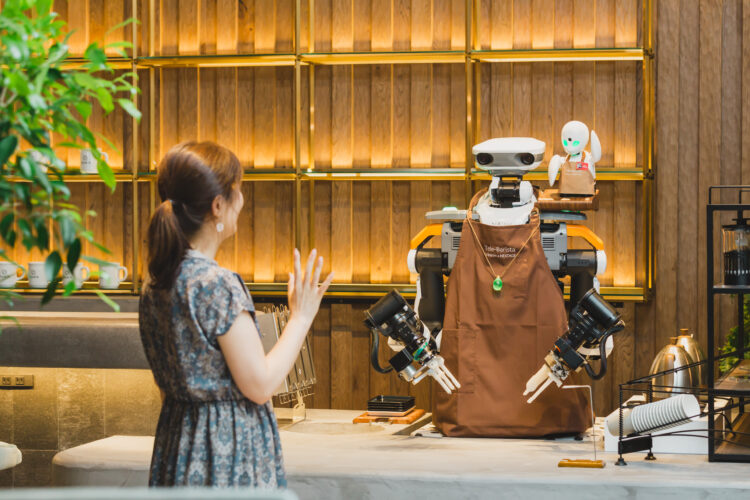
Cutting Edge: Avatars of Humanity
“Cutting Edge” is a new blog series in which Ars Electronica team members present outstanding artistic projects. In the first edition, Gerfried Stocker introduces a project that shows how technology can create closeness: In the ‘Avatar Robot Café,’ people with severe physical disabilities are integrated into everyday working life via robots.
-
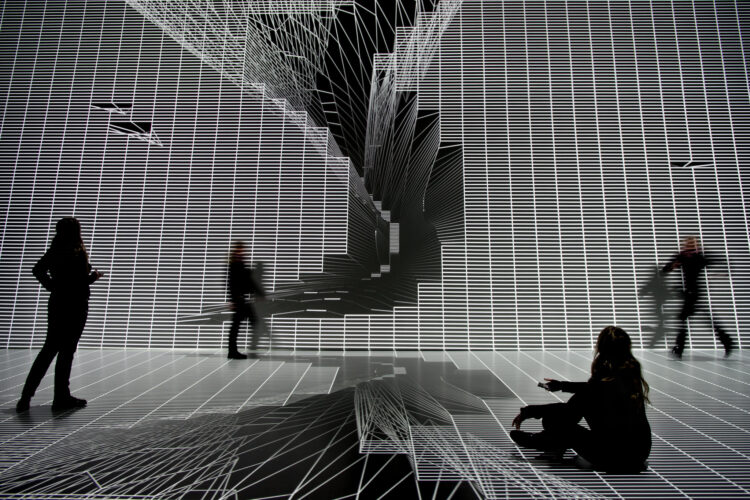
Navigating Panic: Notes from Where Panic Becomes a Compass
As curator in residence of the ARKO-sponsored Curatorial Residency Program, Son Hyerim was on site during the jury weekend of the Prix Ars Electronica. In this guest article, she shares her personal reflections on this experience.
-
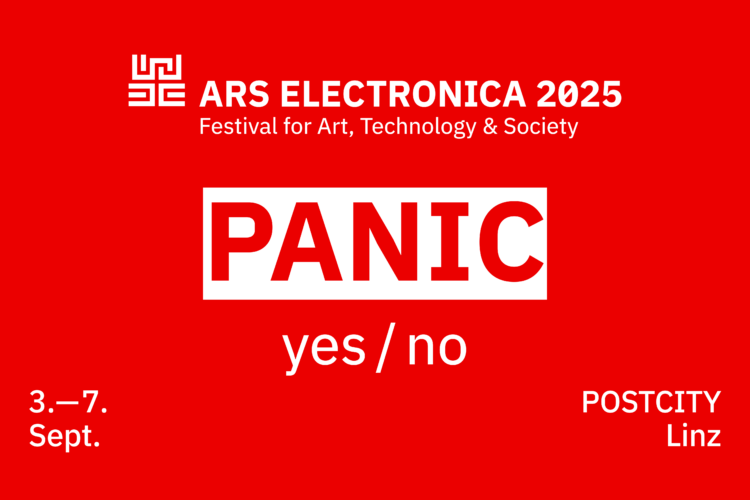
The Times They Are a-Changin’
From the uncertainty of the present to the power of art – in conversation with Gerfried Stocker, we shed light on the theme of the Ars Electronica Festival 2025.
-
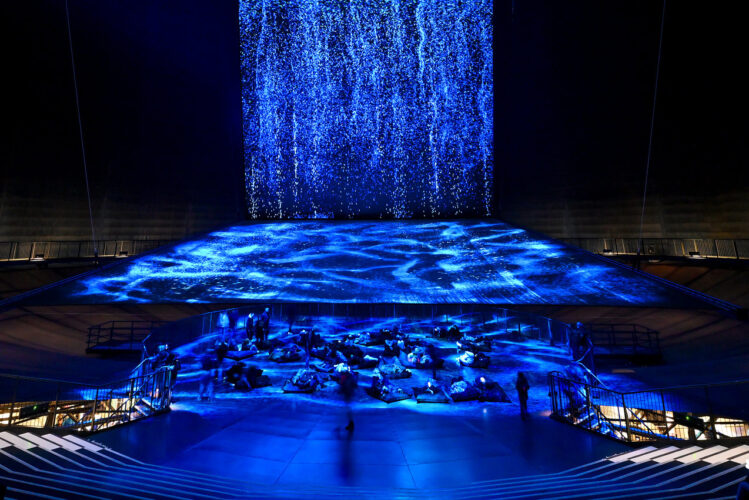
The Art of Knowledge Transfer
Science is complex, science is slow. Projects that do not preach data and figures but stage experiences show how it can still be made exciting.
-
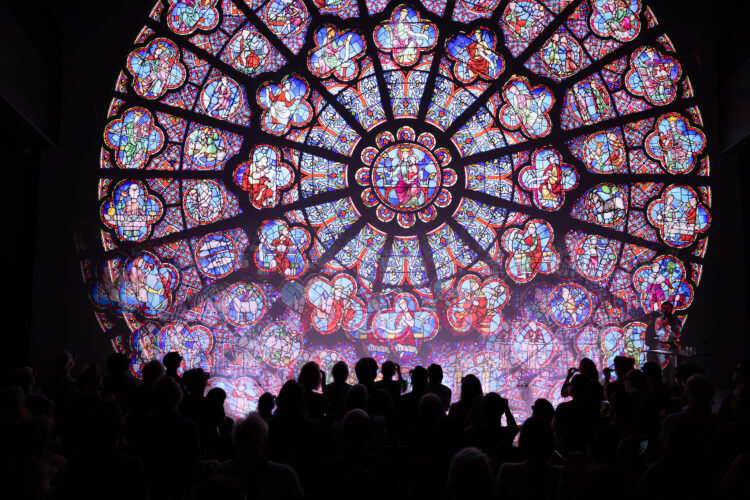
Can art change the world?
In 2024, Ars Electronica once again used international open calls, exciting collaborations and the festival as a stage to show how art can highlight creative solutions to the pressing issues of our time.
-
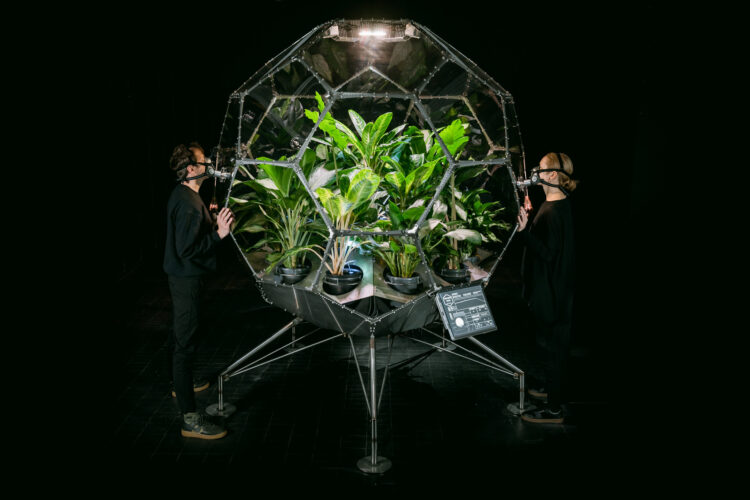
The interconnected world
The new exhibition at the Ars Electronica Center, “Connected Earth”, thematizes how the smallest creatures and powerful tides interact, what changes in biodiversity mean for man-made infrastructures, and what makes the Earth so habitable for millions of species, especially in their interaction.
-
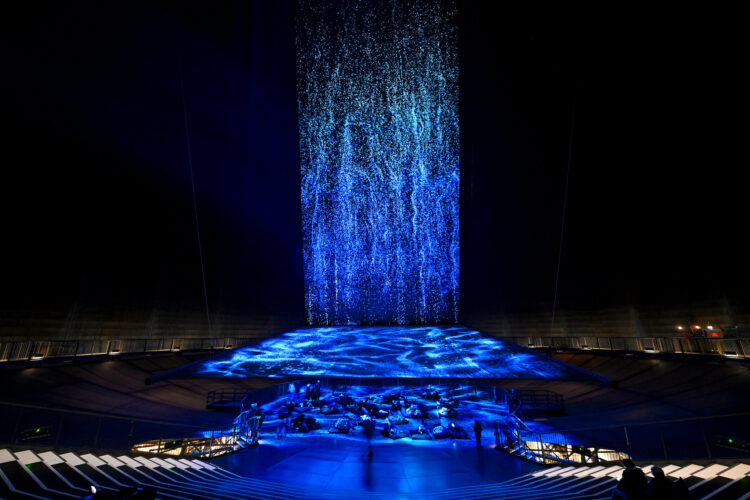
Immerse yourself in the art of the wave
Since March 2024, “Planet Ocean” has been inspiring visitors to the Oberhausen Gasometer with its giant ocean projection “The Wave”. Project manager Ina Badics and her team give an insight into the challenges and inspirations that made this unique installation possible.
-
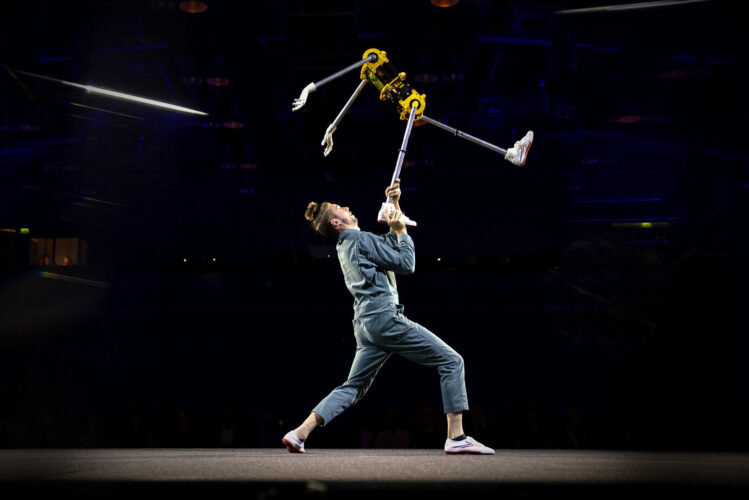
A record: More than 112,000 visits to Ars Electronica 2024
Once again, the Ars Electronica Festival has shown what it is all about: creating space, time and an atmosphere in which people can exchange ideas and inspire each other.
-
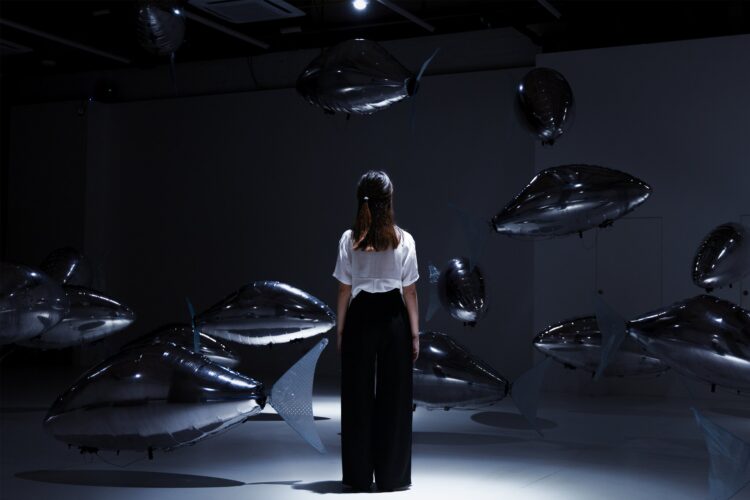
Experience Hope, Shape Change
Hope is not a substitute for action. Rather, it is a basis for action that we consciously choose – in the midst of cynicism, ignorance and indifference. An invitation to feel, to act, to touch and to be touched.
-
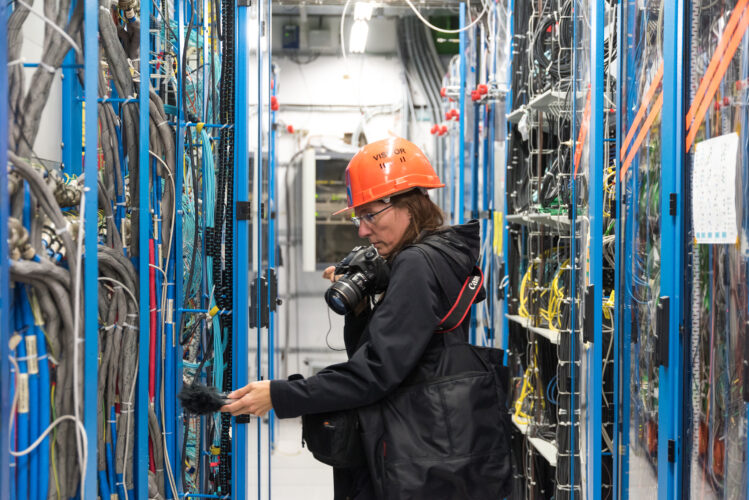
STARTS 2024 Exhibition: Art as a Catalyst in the Innovation Process
How can we foster a culture in which art, science, and technology thrive as interrelated and mutually enriching methods of exploration, knowledge, and discovery? For a more sensitive and determined approach to the pressing issues of our time. Let’s embark on a journey into a world of possibilities. A world of new solutions.
-
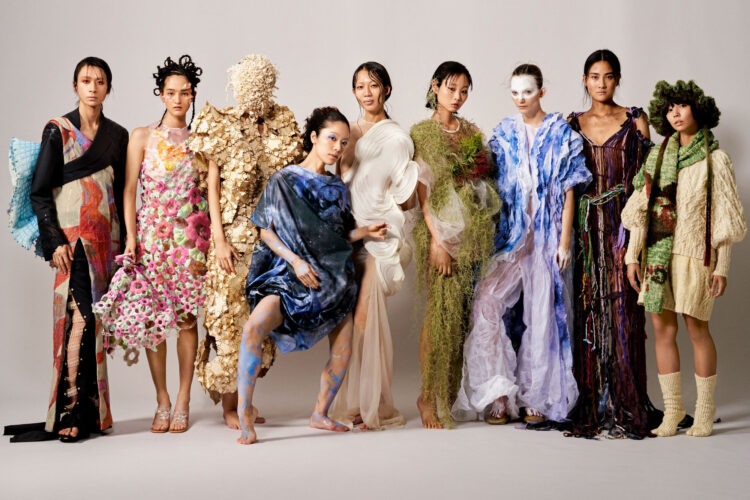
Art Thinking Lounge: A Hub for Creative Innovation
The Art Thinking Lounge is a platform for transformation through art that offers companies, artists, scientists, activists and citizens a space to explore and discuss future visions through art.
-
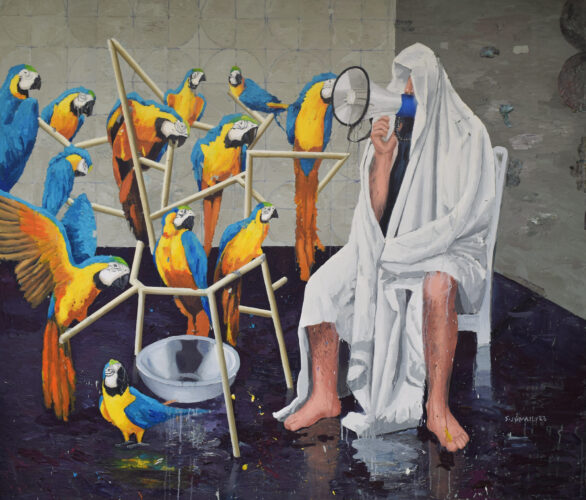
Artistic resistance and social resilience: State of the ART(ist) 2024
State of the ART(ist) in 2024 demonstrates how art can flourish under extreme conditions and reflect social issues.
-
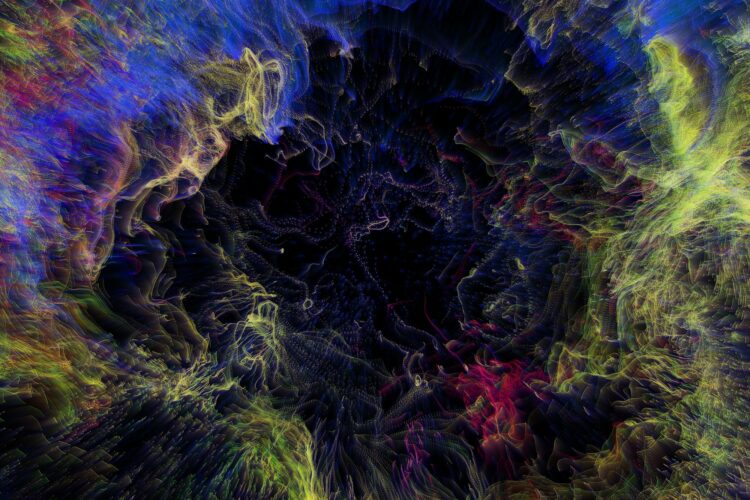
When Science and Art Come Together: The JKU Linz at the 2024 Ars Electronica Festival
Science and art are joining forces to find innovative solutions to current crises. Eight joint projects by JKU scientists and artists will be presented at the Ars Electronica Festival in Linz.
-
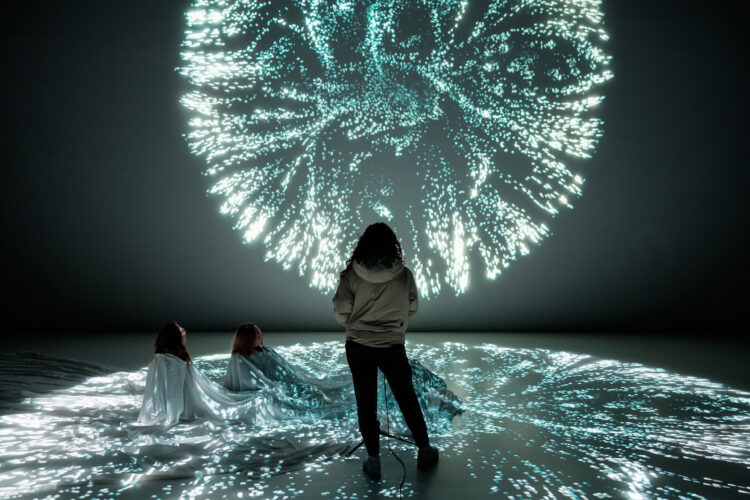
Interdisciplinary and practice-based learning
The IT:U programme of the Ars Electronica Festival 2024 addresses societal challenges through interdisciplinary innovation, bringing together experts from a variety of fields, including technology, art, science and design, to work together on effective solutions.
-
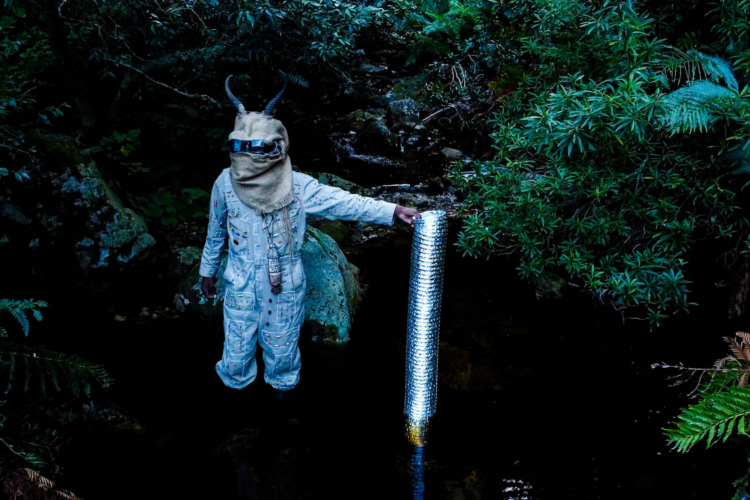
The new Ars Electronica Platform Europe
The European Platform for Digital Humanism has been relaunched as Ars Electronica Platform Europe to foster collaboration for tech-driven change through art and to advocate for healthy democracies on the continent and beyond.
